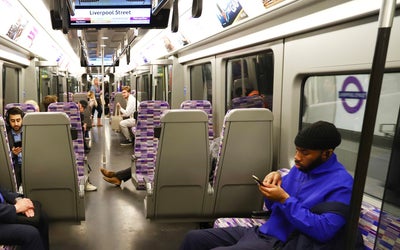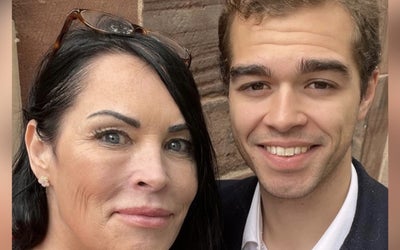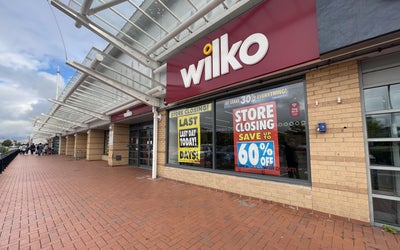Aston Martin sales stall as company sets aside £2bn for electric cars
Aston Martin’s losses deepened in the first half of 2024, as the luxury car-maker ringfenced more than £2 billion to help it switch to electric cars and said its incoming chief executive will join earlier than planned.
The British company delivered just 1,998 cars in the first half of 2024, nearly one-third fewer than the same period last year, while pre-tax losses widened to £216.7 million, down from £142.2 million.
Aston Martin is in the middle of a multi-year turnaround effort kicked off by Lawrence Stroll, the billionaire who became its chairman in 2020 after taking a controlling stake in the firm.
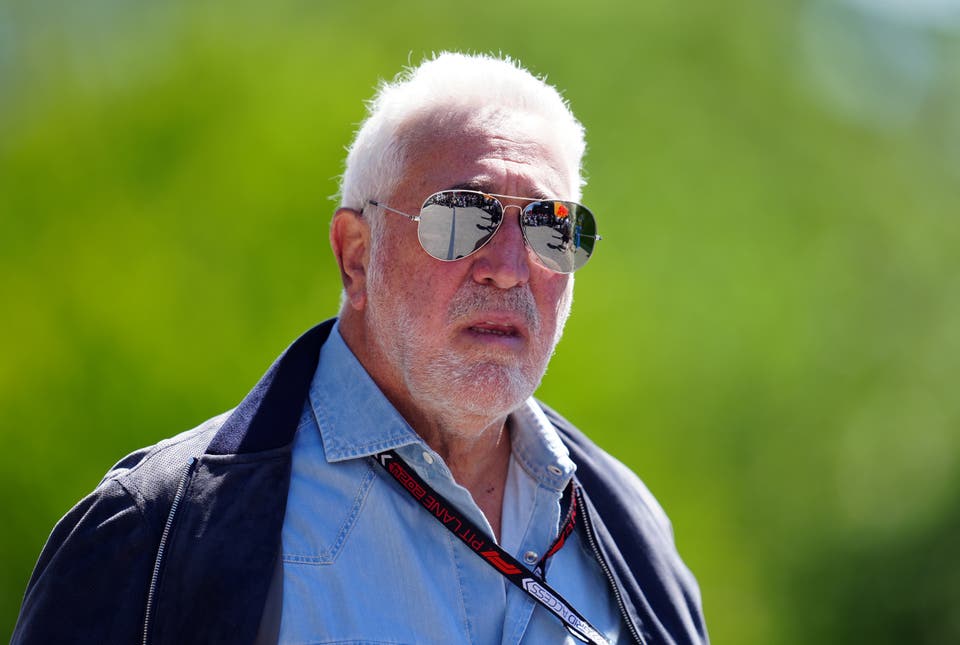
Mr Stroll has already had to bring in new shareholders such as Saudi Arabia’s Public Investment Fund in recent years to help bankroll the car-maker.
He has also tried to raise Aston Martin’s profile by entering the brand into Formula One, although the racing business is separate from the listed company.
Mr Stroll said on Wednesday that the luxury car-maker is at a “pivotal moment”, as it transitions to a new range of products and follows the rest of the industry in switching to electric vehicles.
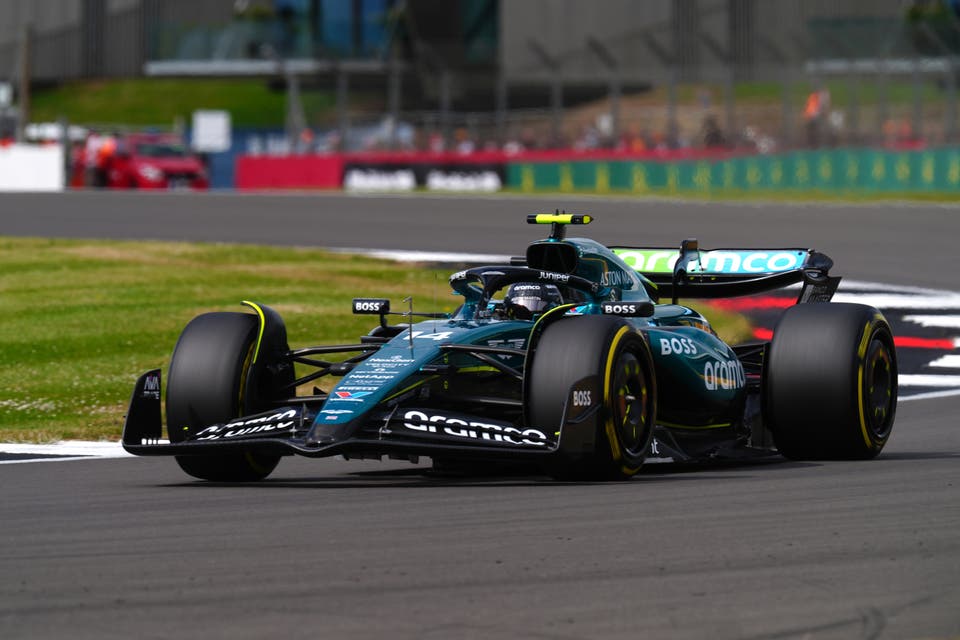
Aston Martin expects to invest the £2 billion by 2027 on the “transition to electrification”, while it is also phasing out a string of old models and launching several new ones.
This will include the replacement of its older Vantage sports car with a newer version, and the introduction of the DBX707 luxury SUV.
Incoming chief executive Adrian Hallmark, the former Bentley boss, will now join on September 1 and will be tasked with returning Aston Martin to profitability amid the changes.
Mr Hallmark will also be responsible for reviving the company’s falling share price, which has lost one-third of its value this year. Aston Martin shares rose 11% in early morning trading on Wednesday.
Mr Stroll said: “As we commence an exciting second half of 2024, Aston Martin is at a pivotal moment in its journey, with our immense product transformation supporting volume growth and sustainable, positive, free cash flow generation later this year, which we have full confidence in achieving.
“In line with prior guidance, our execution in the first half of the year focused on the successful delivery of our new Vantage and upgraded DBX707 and we remain on track to deliver a strong second-half performance.”
Revenue fell 11% to £603 million, which was slightly ahead of analyst expectations. That was because the average selling price of the company’s cars rose 29% to £274,000.
